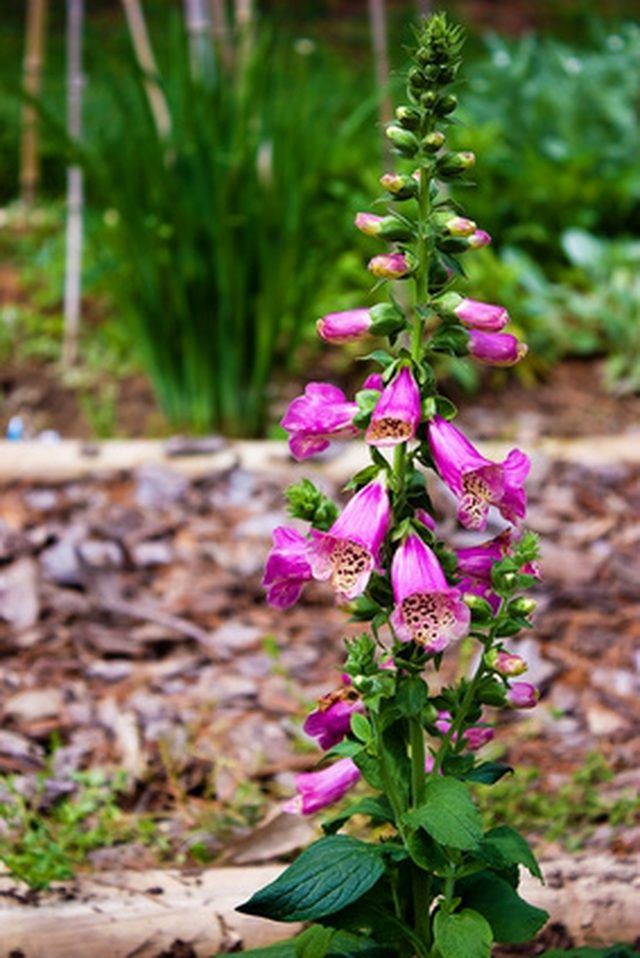Bulbs
Flower Basics
Flower Beds & Specialty Gardens
Flower Garden
Garden Furniture
Garden Gnomes
Garden Seeds
Garden Sheds
Garden Statues
Garden Tools & Supplies
Gardening Basics
Green & Organic
Groundcovers & Vines
Growing Annuals
Growing Basil
Growing Beans
Growing Berries
Growing Blueberries
Growing Cactus
Growing Corn
Growing Cotton
Growing Edibles
Growing Flowers
Growing Garlic
Growing Grapes
Growing Grass
Growing Herbs
Growing Jasmine
Growing Mint
Growing Mushrooms
Orchids
Growing Peanuts
Growing Perennials
Growing Plants
Growing Rosemary
Growing Roses
Growing Strawberries
Growing Sunflowers
Growing Thyme
Growing Tomatoes
Growing Tulips
Growing Vegetables
Herb Basics
Herb Garden
Indoor Growing
Landscaping Basics
Landscaping Patios
Landscaping Plants
Landscaping Shrubs
Landscaping Trees
Landscaping Walks & Pathways
Lawn Basics
Lawn Maintenance
Lawn Mowers
Lawn Ornaments
Lawn Planting
Lawn Tools
Outdoor Growing
Overall Landscape Planning
Pests, Weeds & Problems
Plant Basics
Rock Garden
Rose Garden
Shrubs
Soil
Specialty Gardens
Trees
Vegetable Garden
Yard Maintenance
Cypress Mulch Vs. Hardwood Mulch
Cypress Mulch Vs. Hardwood Mulch. Hardwood and cypress mulch are two of the most common types available for landscapes and gardens. Consumers should evaluate the differences between hardwood and cypress mulch, the varieties and any application method recommended for each type. Cypress lasts two to three times longer than hardwood mulch, with deeper...

Hardwood and cypress mulch are two of the most common types available for landscapes and gardens. Consumers should evaluate the differences between hardwood and cypress mulch, the varieties and any application method recommended for each type. Cypress lasts two to three times longer than hardwood mulch, with deeper colors, but may also restrict moisture levels. Hardwood mulch produced from leftover building materials may contain foreign materials. The differences could yield either a yard littered with dying plants or a beautiful yard with a tarnished home.
Significance
Mulch is an attractive covering for landscapes, particularly when applied around flowerbeds, trees and shrubs. But mulch provides more than an aesthetic appeal to the landscape. Mulch keeps soil moist and prevents weed growth. Mulch is a necessity in dry climates and during periods of drought. Hardwood and cypress mulch can prevent plant decay by preventing water evaporation and nutrient loss from the soil, even during the driest spells of the growing season.
Identification
Hardwood mulch consists of a mix of different types of bark, often scraps or leftovers from lumber yards, local businesses or power companies. Bark may include oak, cherry, birch and maple. Cypress mulch gives the landscape a vibrant-looking appeal, as the darker hue provides an attractive contrast next to various plants, flowers and shrubbery. Both types of mulches come in a variety of sizes or consistencies. Double-shredded mulch contains smaller pieces of wood chips and triple-shredded mulch consists finer shreds of wood scraps.
Time Frame
Cypress mulch may last two or three years, depending on factors such as climate and weather conditions. Hardwood mulch may decay and breakdown sooner. Consumers using hardwood mulch should expect to reapply mulch every year.
Costs
Local businesses may need removal of lumber scraps and advertise free mulch to anyone willing to haul off the leftovers. Conversely, hardwood mulch could cost as much as $2.29 per 2-cubic-foot bag, depending on the type and quality of the leftover bark. Cypress mulch averages about $1.49 per 2-cubic-foot bag. Additionally, prices may vary on shredded mulch. Triple-shredded mulch costs more than double-shredded mulch.
Expert Insight
Hardwood and cypress mulch attracts termites. The University of Maryland Department of Entomology recommends applying a thin layer of mulch to landscaping areas that are close to the house, including decks and porches. Ironically, even though wood attracts termites, the bugs do not invade the mulch pieces. Rather, the mulch acts as a bridge or gateway for termites to cross over and into nearby wooded structures, particularly structures built without pressure-treated wood.
Warning
Hardwood mulch may contain other materials or objects. Leftover lumber may contain metal, nails, plastic, or other pieces of foreign material. In Florida, several counties restrict the use of cypress mulch.The Florida Cooperative Extension Service reports that cypress mulch may prevent water from getting to the plant roots, particularly when used on hills and slopes.